Unit 6 Cognitive Map: Amira and Introduction
by Millicent Walton

1. Cairo, Egypt
1.1. World Health Organization (WHO)
2. Adoption in Egypt
2.1. Egyptian Muslims forbids adoptions.
2.2. Adopted children do not have legitimate rights to inheritance.
2.3. Adopted children will be perpetually stigmatized within the family and community
3. Health Care Seeking: Infertility for men and women in Egypt
3.1. They are massive users of health care services.
3.2. Families seek help the "traditional" and "modern" forms of treatment.
3.2.1. Traditional: herbalists, spiritual healers, and lay midwives
3.2.2. Modern: doctors, infertility medication, IVF
4. Gendered Suffering and Social Stigma
4.1. Women who are unable to conceive experience their infertility profoundly in the forms of social isolation, loneliness, and despair.
4.2. Infertility leads to mental, physical, and social suffering. Egyptian couples experience profound human suffering and are willing to do anything, even risking their own lives in the pursuit of physically taxing remedies, in their efforts to conceive.
5. Amira, did not care how money she was spending to conceive a child. She endured physical side effects as a result of repeated doses of powerful, ovary-stimulating hormones.
5.1. Amira, had no supportive system. She could not tell others besides family, of her and husband's infertility problems
6. Amira, did not want to adopt because she knew that she would not love the child like she would her own.


